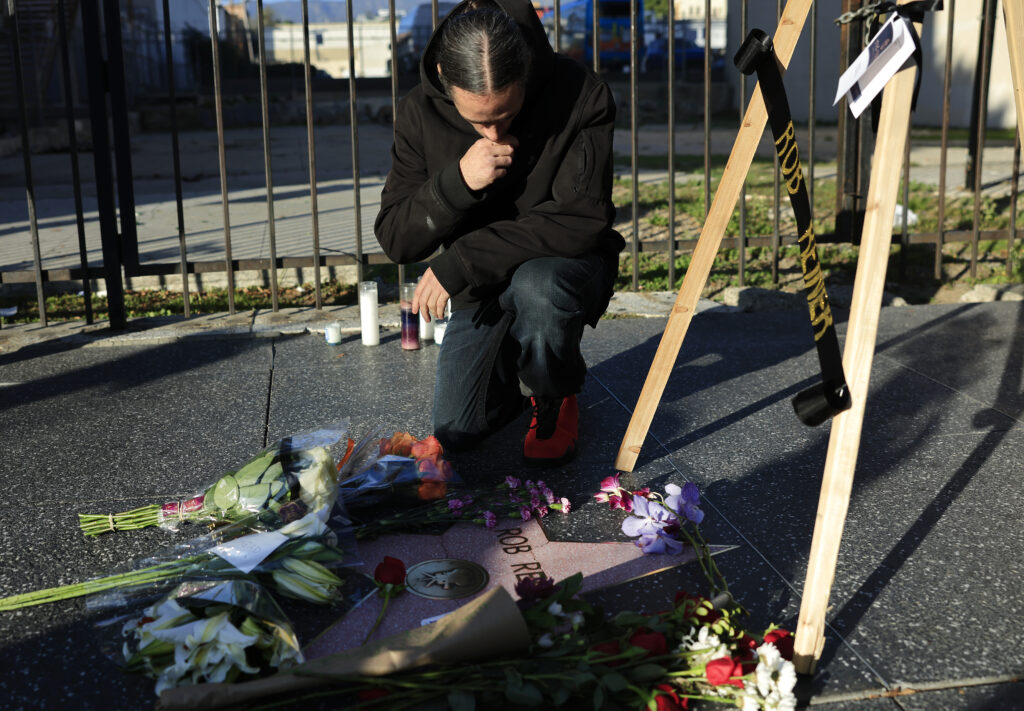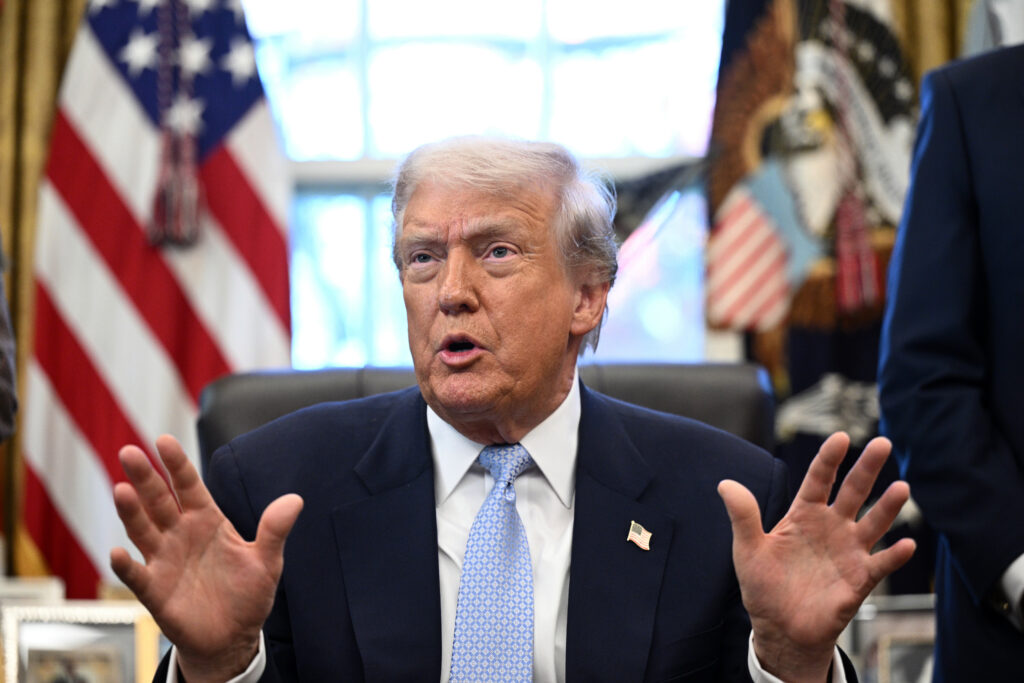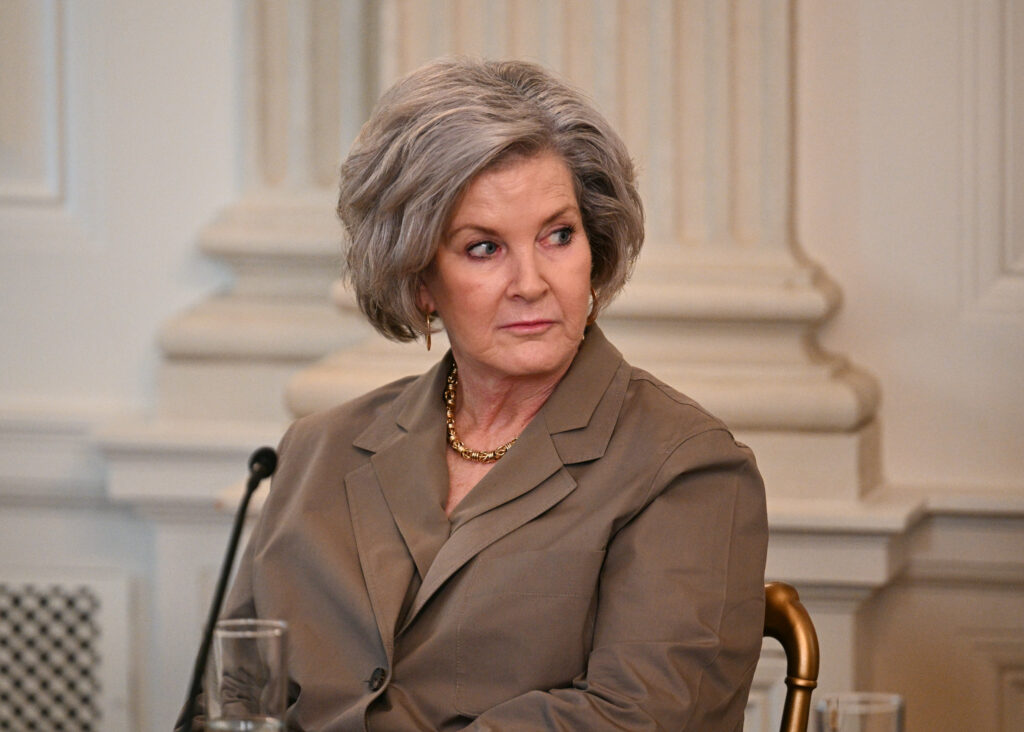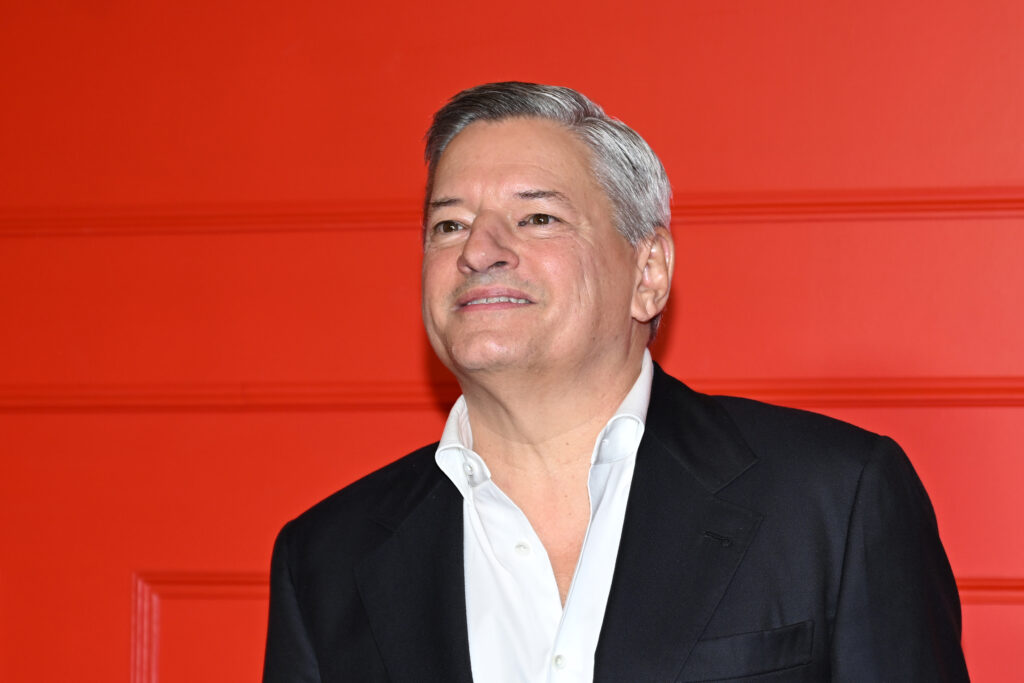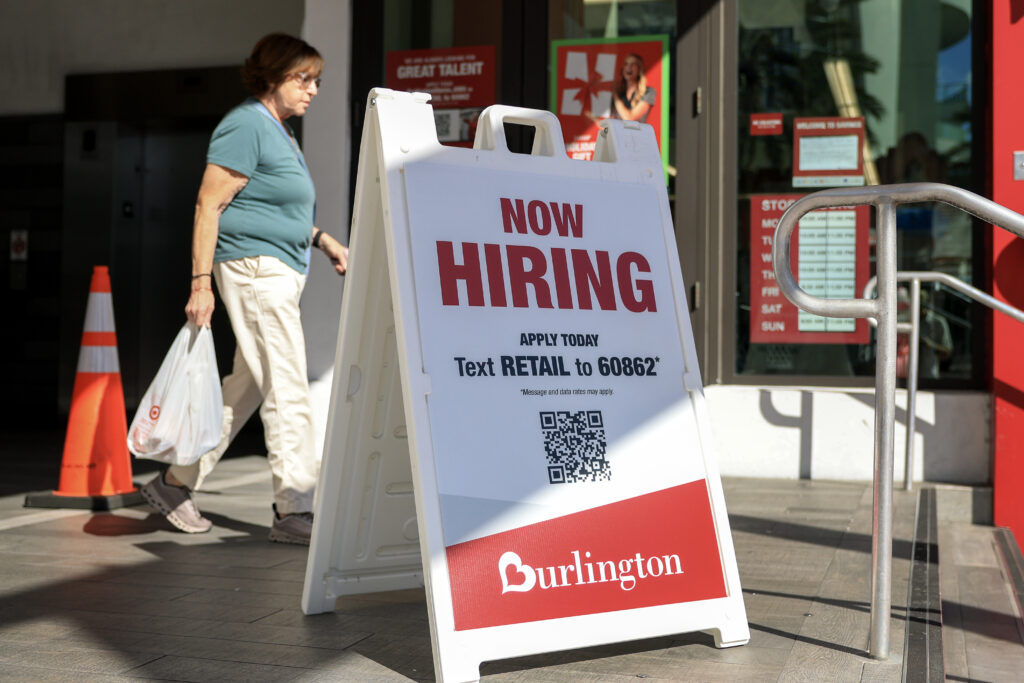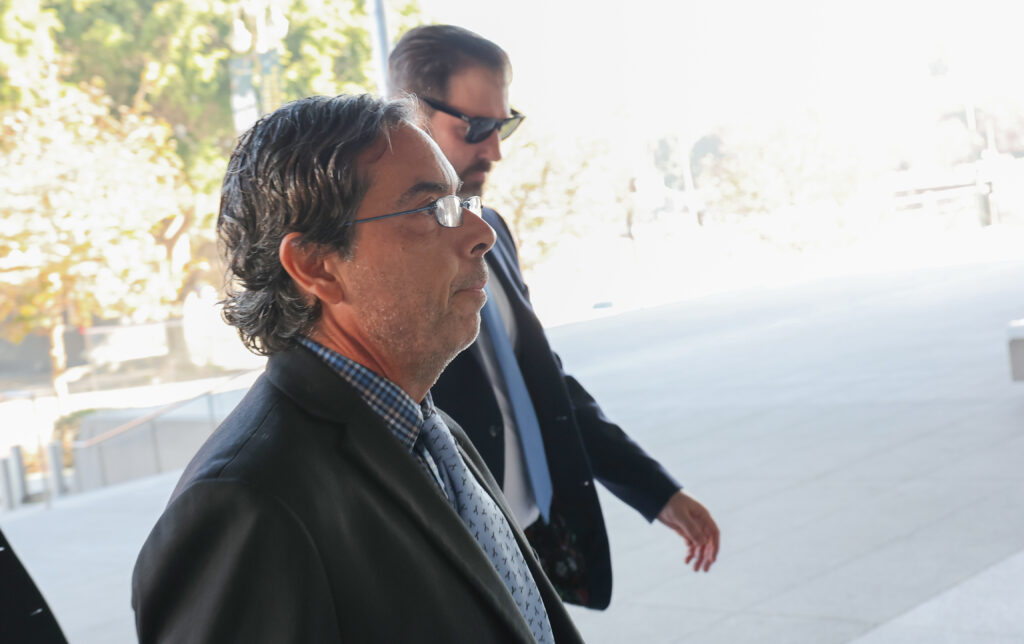Warner Bros rejects Paramount bid, sticks with Netflix
Warner Bros. Discovery on Wednesday rejected a hostile takeover bid by Paramount launched last week to trump plans by streaming giant Netflix to acquire the Hollywood giant and owner of CNN.In a statement, Warner Bros said the terms of the Netflix merger were better, while the Paramount offer “once again fails to address key concerns that we have consistently communicated… throughout our extensive engagement and review of their six previous proposals.””We are confident that our merger with Netflix represents superior, more certain value for our shareholders,” it said.Netflix shocked the industry on December 5 by announcing it had sealed an agreement to buy the film and television studio and HBO Max streaming business for nearly $83 billion, the entertainment industry’s biggest consolidation deal this decade.Three days later, Paramount — whose CEO is David Ellison, the son of Larry Ellison, an ally of President Donald Trump — launched an all-cash tender offer valuing the entertainment giant at $108.4 billion.But Warner Bros on Wednesday described the Paramount offer as risky, saying it was backed up by “an unknown and opaque revocable trust” and involved “no Ellison family commitment of any kind,” among other factors.Warner Bros. Discovery also stressed the dependence of the Paramount offer on foreign investors — $24 billion of the financing is from Middle East sovereign wealth funds — which will require further regulatory scrutiny.”Our deal structure is clean and certain, with committed debt financing from leading institutions,” Netflix co-CEOs Ted Sarandos and Greg Peters, wrote in a letter to Warner Bros shareholders, according to Business Insider.”There are no contingencies, no foreign sovereign wealth funds, and no stock collateral or personal loans,” they added.Trump has repeatedly weighed in on the bidding war, saying Netflix’s deal “could be a problem” as it would leave Netflix with a huge market share of the film and TV industry.He later said that he wanted to ensure CNN gets new ownership as part of the Warner Bros. Discovery sale, targeting the outlet he has long blasted for airing critical news coverage that he repeatedly refers to as “fake news.”- ‘Strong rationale’ -The president’s powerful son-in-law Jared Kushner, was initially a minor investor in the latest Paramount bid through his Middle East-backed private equity company, but backed out of the deal on Tuesday.”We continue to believe there is a strong strategic rationale for Paramount’s offer,” the company, Affinity Partners, said in a statement to AFP.Unlike Netflix’s offer, Paramount’s latest bid included the buyout of cable channels such as CNN, TNT, TBS and Discovery — which would be added to its group of TV assets like CBS, MTV and Comedy Central.As Netflix emerged as the likely winning bidder for Warner Bros — the studio behind “Casablanca,” the “Harry Potter” movies and “Friends” — Hollywood’s elite launched an aggressive campaign against the acquisition.The streaming giant is viewed as a pariah in some Hollywood circles, largely due to its reluctance to release content in theaters and its disruption of traditional industry practices.In an interview Tuesday in Paris, Netflix co-chief executive Sarandos said it would continue to distribute Warner Bros films in cinemas if its takeover bid for the storied studio is successful.”We’re going to continue to operate Warner Bros. studios independently and release the movies traditionally in cinema,” he said, while admitting his past comments on theatrical distribution “now confuse people.”

